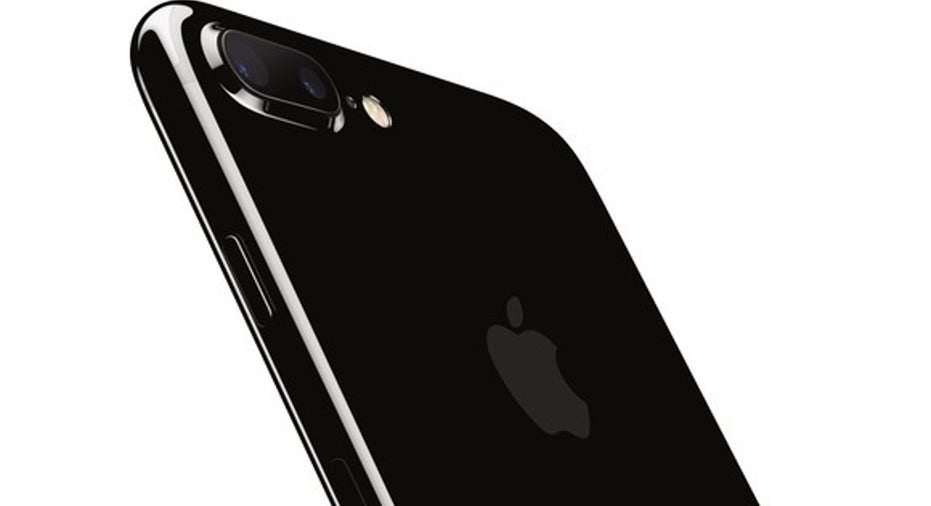What Qualcomm Inc.'s New Snapdragon 660 Means for TSMC and Samsung

Wireless chip giant Qualcomm (NASDAQ: QCOM) recently announced a new pair of applications processors targeting high-end (though not "premium") smartphones -- the Snapdragon 660 and the Snapdragon 630.
The Snapdragon 660 succeeds the Snapdragon 653 and the Snapdragon 630 succeeds the Snapdragon 626. Qualcomm claims that the Snapdragon 660 and 630 include many new features and offer performance uplifts compared to their predecessors, as would obviously be expected from a new generation of chips.
Image source: Qualcomm.
What I found particularly interesting, though, is that Qualcomm says that these chips will be manufactured in a 14-nanometer manufacturing technology, which means that Samsung (NASDAQOTH: SSNLF), not Taiwan Semiconductor Manufacturing Company (NYSE: TSM), will be building these chips for Qualcomm.
This should have some interesting implications for both TSMC and Samsung.
From TSMC to Samsung
Per Qualcomm's website, the Snapdragon 653 is manufactured in TSMC's 28-nanometer HPm ("high-performance mobile") technology. This means that whatever revenue that TSMC enjoyed from Qualcomm's Snapdragon 653 shipments over the last year or so won't recur as its successor is built at Samsung.
The Snapdragon 630 being manufactured at Samsung shouldn't impact TSMC, though, as the prior generation Snapdragon 626 is also manufactured at Samsung (as was its predecessor, the Snapdragon 625).
With the launch of these new chips, it appears that Qualcomm has moved all its new premium-tier as well as its high-tier processors (Snapdragon 800-series and Snapdragon 600-series, respectively) away from TSMC to Samsung.
Obviously, the increased volumes on leading-edge manufacturing technologies are a positive for Samsung and the reduced volumes are a negative for TSMC.
Can TSMC fight back?
Losing volumes at Qualcomm clearly isn't a good thing for TSMC considering that Qualcomm is the largest merchant vendor of mobile applications processors. It's worth pondering, then, how TSMC can try to fight back.
The most obvious way that TSMC can try to boost its business would be to try to win back chip orders from Qualcomm. However, this could prove difficult considering that it seems that Qualcomm has shifted a lot of its volumes over to Samsung in exchange for Samsung using Qualcomm's chips in its phones.
So, if winning business directly with Qualcomm isn't really a viable near-to-medium term strategy, then an alternative strategy would be to work with Qualcomm's direct competitors to try to enable them to build products that can, presumably, take share from Qualcomm in the marketplace.
While TSMC can help its customers by building superior manufacturing technologies and giving them the tools to do their work as quickly and as efficiently as possible, TSMC can't control its customers' chip design choices, schedules, or go-to-market strategy.
On the bright side, while TSMC's main customer in the merchant mobile chip market seems to be MediaTek (which, frankly, seems to be struggling against Qualcomm), it appears to be enjoying success with smartphone vendors that roll their own chips.
Image source: Apple.
TSMC is currently believed to be the sole manufacturer of Apple's A10 Fusion processor found inside of the iPhone 7 and iPhone 7 Plus, as well as the A9X chip found in Apple's iPad Pro tablets. It is also the manufacturer of Huawei's Kirin line of applications processors.
It'll be interesting to see how the battle between Samsung and TSMC plays out in the coming years, that's for sure.
10 stocks we like better than Taiwan Semiconductor ManufacturingWhen investing geniuses David and Tom Gardner have a stock tip, it can pay to listen. After all, the newsletter they have run for over a decade, Motley Fool Stock Advisor, has tripled the market.*
David and Tom just revealed what they believe are the 10 best stocks for investors to buy right now... and Taiwan Semiconductor Manufacturing wasn't one of them! That's right -- they think these 10 stocks are even better buys.
Click here to learn about these picks!
*Stock Advisor returns as of May 1, 2017
Ashraf Eassa owns shares of Qualcomm. The Motley Fool owns shares of and recommends Qualcomm. The Motley Fool has a disclosure policy.



















